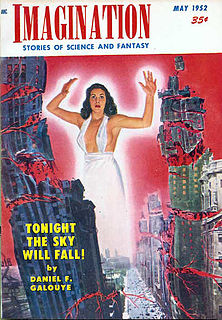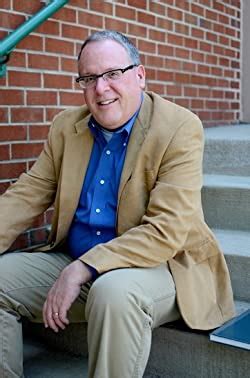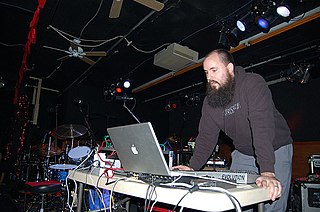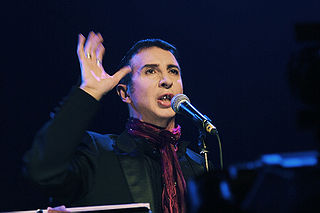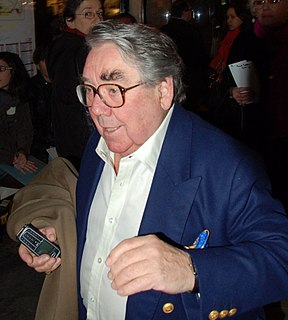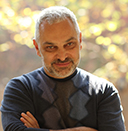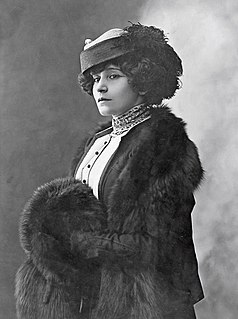A Quote by Robert Sheckley
A novel is often a longer process in handling self-doubt.
Related Quotes
I have more self-doubt than any writer I've ever known.... The positive aspect of self-doubt - if you can channel it into useful activity instead of being paralyzed by it - is that by the time you reach the end of a novel, you know precisely why you made every decision in the narrative, the multiple purposes of every metaphor and image.
Doubt is most often the source of our powerlessness. To doubt is to be faithless, to be without hope or belief. When we doubt, our self-talk sounds like this: 'I don't think I can. I don't think I will.'... To doubt is to have faith in the worst possible outcome. It is to believe in the perverseness of the universe, that even if I do well, something I don't know about will get in the way, sabotage me, or get me in the end.
Self-knowledge is not the knowledge of a dead self, self-knowledge is the knowledge of the process of the self. It is an alive phenomenon. The self is not a thing, it is an event, it is a process. Never think in terms of things, the self is not there inside you just like a thing waiting in your room. The self is a process: changing, moving, arriving at new altitudes, moving into new planes, going deeper into new depths. Each moment much work is going on and the only way to encounter this self is to encounter it in relationship.
The process of self-healing is the privilege of every being. Self-healing is not a miracle, nor is self-healing a dramatization of the personality as though you could do something superior. Self-healing is a genuine process of the relationship between the physical and the infinite power of the soul.
The whole body-mind thing comes into play, when you are feeling that self-doubt and your body is not going to help you if you're not paying attention. Your body's going to go with the self-doubt and make you feel worse, so by making the adjustments - pulling your shoulders back, standing up straight, walking in a more sort of expansive way - all sorts of little things will help pull you out of that self-doubt.
